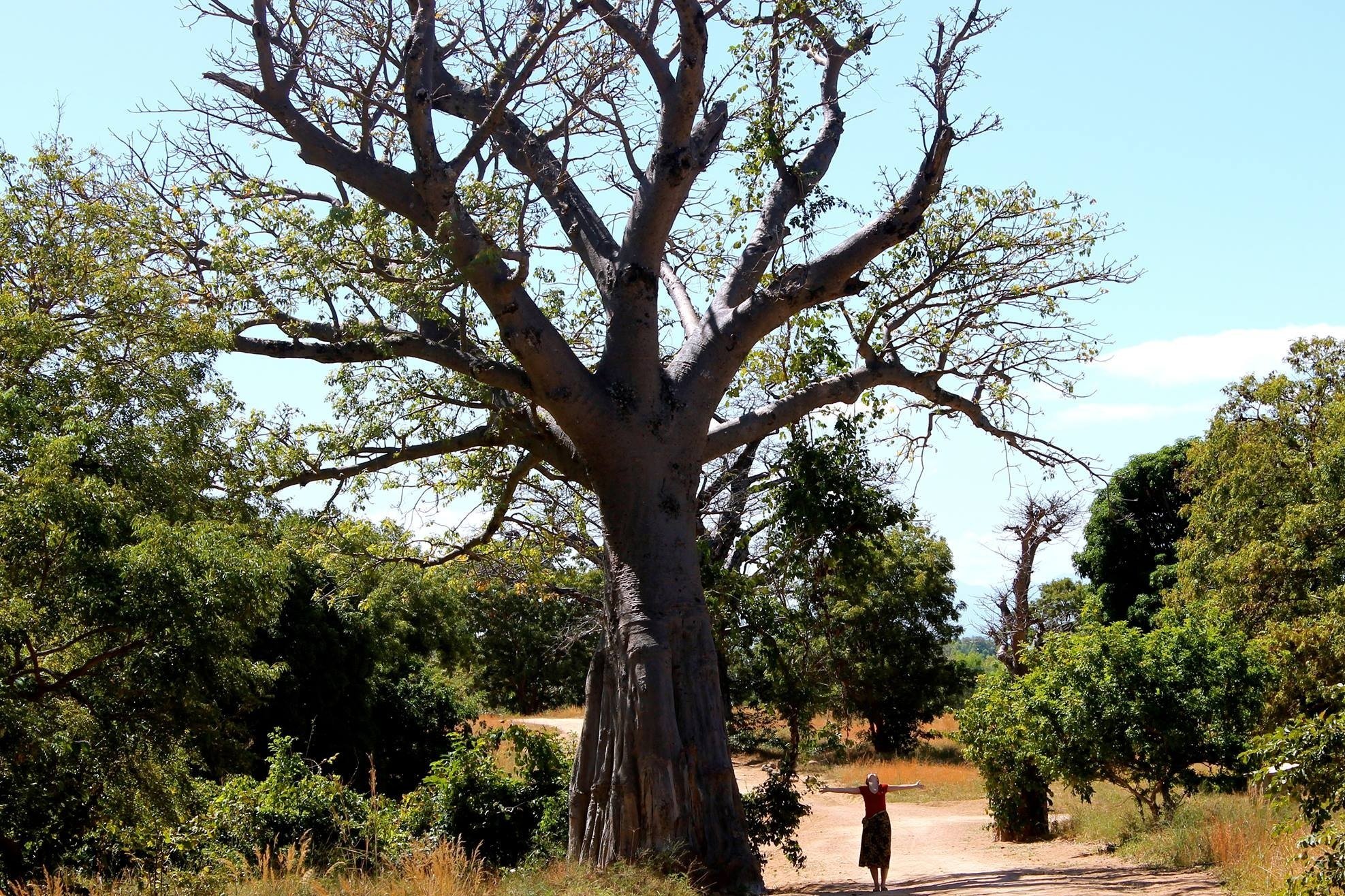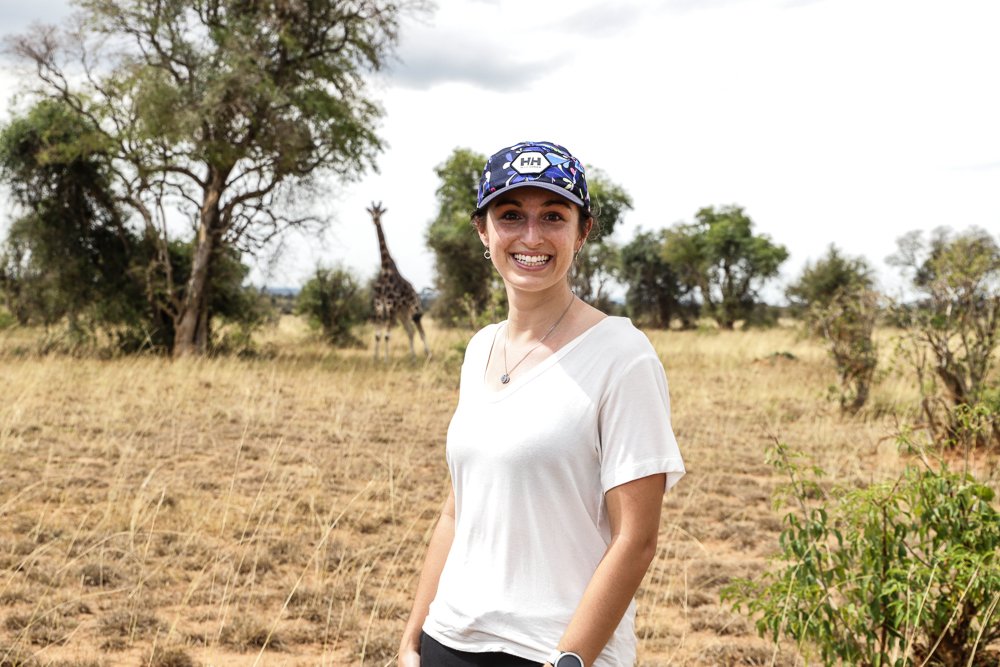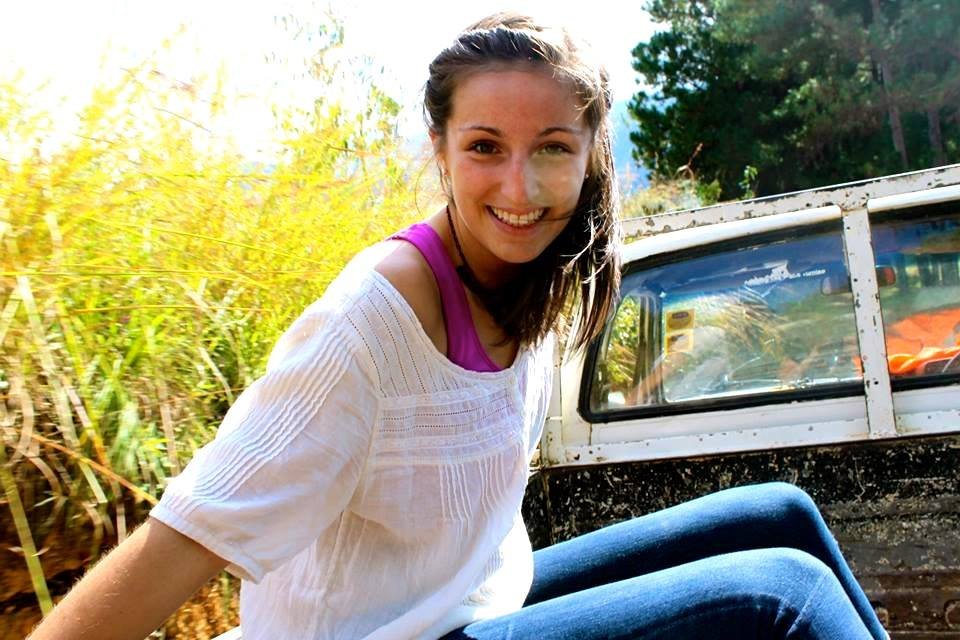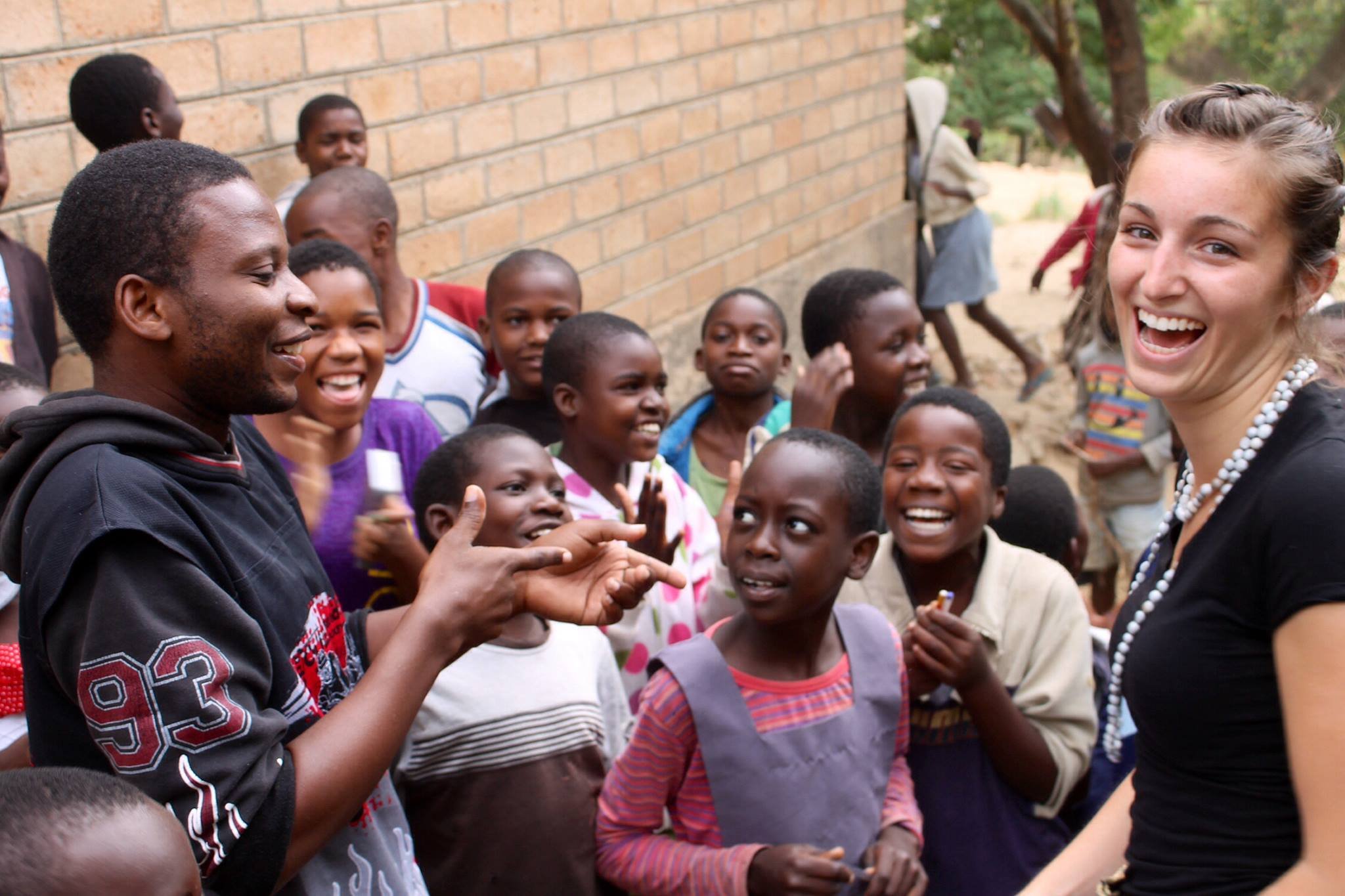
The Spark
On Finding Meaning
“My experience ignited a spark. I think Grammy was the first one to notice it. I remember seeing her for the first time when I came home and hearing her say, “Look, she’s glowing”. And she was right”.
Twenty years old in Africa. Interesting. I know my parents certainly felt that way (and other ways). But I was jazzed. At this point, I had taken three international development courses, I had read books about Africa, I had traveled to other continents.
And I was highly-unskilled.
What right did I have going to Africa? What value did I have to add? I think this is the catch-22 we often experience and tell ourselves. But in so many sectors, in so many ways, you have to get experience to gain experience.
For me, going to Malawi was about following a hunch I had that I really enjoyed and was good at working cross-culturally. I had a passion for people, for stories, for experiences and I wanted to learn about different ways of knowing and being. Little did I know that going to a small fishing village in Malawi, Nkhata Bay, would set me on my “purpose path”.
My experience ignited a spark. I think my Grandmother on my mom’s side, Grammy, was the first one to see it. I remember seeing her for the first time when I came home and hearing her say, “look, she’s glowing”. And she was right. I was sparked by the natural beauty of the town, the sense of time (or lack thereof), the songs and sounds that ran through everything, but most importantly the people.
I’d love to share a few of their stories with you.
Fina
Fina was like a godmother to many in the village. Every Tuesday and Friday morning she would go with the NGO owner I was working for, Butterfly Space, to pick up children and young adults with cognitive and physical disabilities to bring them to the Centre where we organized activities and helped with basic hygiene. You could see how trusted, respected, and good Fina was. She knew how to uniquely care for every single person in that group and did it with such kindness and love. Fina taught me a lot about how to communicate. Not with words but with simple gestures, songs, and the biggest smile.
Matthews
When I think of teachers who inspire me there are many. My parents, family friends, friends, chief among them is Matthews. Mathews taught P4 (Grade 6) at Nkhata Bay Primary School. A school where caning was common, raised voices aplenty, but not where Matthews existed. He was so kind, genuine, and interested in his students’ well-being. As you know, just as I do from your own experience, teachers play a vital role in who you become, and how you feel about yourself and those around you. A sentiment, or lack thereof, is heightened in regions like Nkhata Bay where gender inequality is pervasive. Boys are asked to answer questions more, they are praised more, they are given more time and space. Teachers can play a pivotal role in choosing to create a space for all learners or perpetuate harmful gender and cultural norms. Matthews chose the former. A bit of a needle in a haystack at that time. He showed me the importance of ensuring that any international development program that involved shifting cultural norms and behavior change, required an intentional investing in teachers. Shifting beliefs and practices in the classroom sets the foundation for persuasive change at a community level.
The miracle baby. Hussein was a triplet, the only surviving boy amongst his two brothers. The complicated birth not only resulted in the loss of his two siblings but also had severe consequences on Hussein’s cognitive abilities. Hussein was a member of the group Fina worked so closely with. Despite Hussein’s disability, he loved and would light up at the sound of music. And he would dance, and dance, and I had so much fun trying my best to bring any sense of normalcy to a boy’s life that was often confined by four walls. Not only did Hussein face barriers as a result of his disability, but he also faced challenges related to cultural views on individuals with disabilities. In Malawi, and across many regions of Africa, it is believed that individuals with disabilities are cursed, as are their mothers. At times they are hunted and their body parts are sold and used in witchcraft. Not only was he facing daily hurdles but his sheer existence was a daily battle. Hussein’s story and the realities of individuals like him in Malawi formed the basis of my application to the Munk School of Global Affairs. I wanted to learn more about how to tackle harmful cultural norms and support those hardest to reach.
Hussein
While my time in Malawi may not have necessarily left me more technically skilled, I came away with a heightened cultural and contextual awareness. I came away knowing that solving big challenges requires collective action, and the people closest to those challenges are often, if not always, closest to the solution. I saw this through Fina, in Matthews, and by the community that was rallying around Hussein.
When I left Malawi in 2014, I made a fairly firm commitment to lean into the hunch I had about my ability to work with individuals experiencing marginalization. At that time, I also promised that I’d return to the work, the place, the people, that ignited this spark.
Well, I’m back. 8 years later. While I'm not in Malawi, I’m working in the field of International Development, just next door. This time, better prepared, better skilled, and ready to continue on this journey of lifelong learning. And soon, I will be stepping foot back in Malawi, in Nkhata Bay. Don’t worry, I’ll be sure to provide an update on Fina, Matthews, and Hussein.





